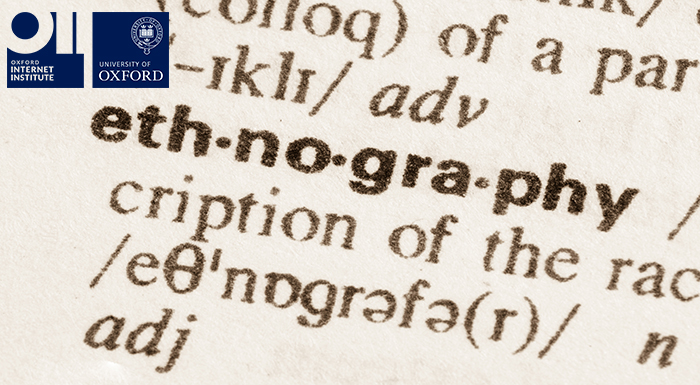16:30 - 18:00,
Wednesday 12 February, 2020
Oxford Digital Ethnography Group Seminar Series

About
Instant access to information, entertainment, and social connection enabled by smartphones and computers provides innumerable benefits, but also unprecedented opportunity for distraction. However, while technology companies have devoted enormous resources to keeping users ‘hooked’ on digital systems, little is known about how designers can best support people in regaining control over their digital device use. In this talk, I argue that the landscape of ‘digital self-control tools’ on online stores for apps and browser extensions, used by millions of people to, e.g., limit time spent in specific apps or remove distracting elements on websites, provides a rich resource for understanding potential strategies and implementations. I discuss how we can extract design insights from this landscape via a mixed-methods approach that triangulate data from:
(i) large-scale analysis of design features and user reviews,
(ii) experimental studies of select examples, and
(iii) workshops with end-users that struggle with digital distraction, exploring their daily experiences and solution preferences.
Data Dump to delete
Speakers
- Name: Ulrik Lyngs
- Affiliation: Computer Science, University of Oxford
- Role:
- URL:
- Bio: Ulrik is a cognitive psychologist-turned-computer scientist at the department of computer science, University of Oxford. His research explores the potential for using insights from the behavioural neurosciences to design digital technology that is sensitive to human limitations and biases, particularly in relation to attention and self-regulation.